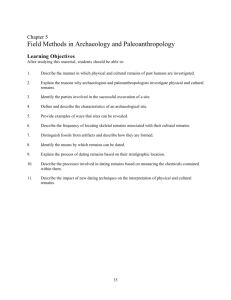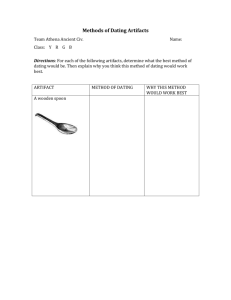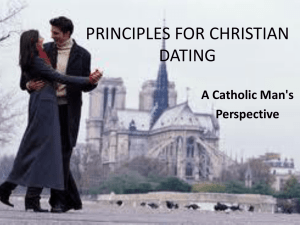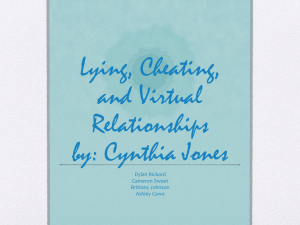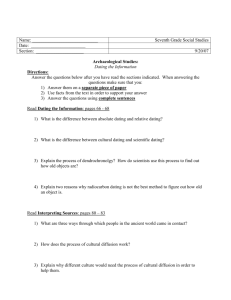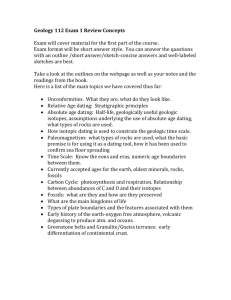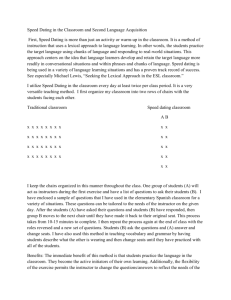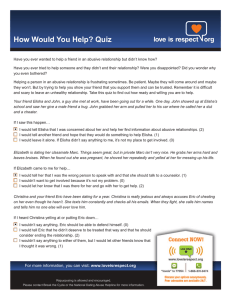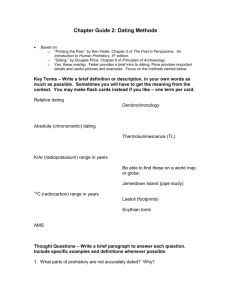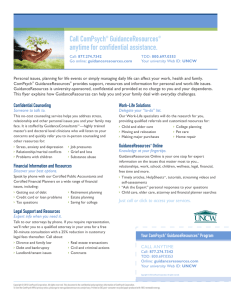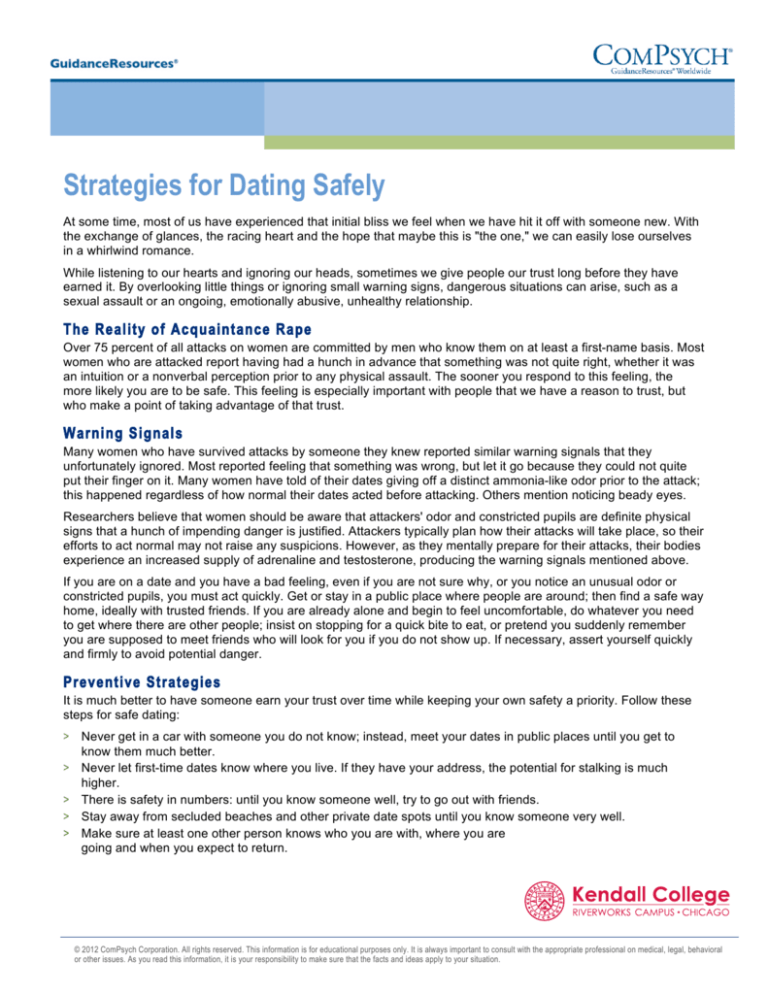
Strategies for Dating Safely
At some time, most of us have experienced that initial bliss we feel when we have hit it off with someone new. With
the exchange of glances, the racing heart and the hope that maybe this is "the one," we can easily lose ourselves
in a whirlwind romance.
While listening to our hearts and ignoring our heads, sometimes we give people our trust long before they have
earned it. By overlooking little things or ignoring small warning signs, dangerous situations can arise, such as a
sexual assault or an ongoing, emotionally abusive, unhealthy relationship.
The Reality of Acquaintance Rape
Over 75 percent of all attacks on women are committed by men who know them on at least a first-name basis. Most
women who are attacked report having had a hunch in advance that something was not quite right, whether it was
an intuition or a nonverbal perception prior to any physical assault. The sooner you respond to this feeling, the
more likely you are to be safe. This feeling is especially important with people that we have a reason to trust, but
who make a point of taking advantage of that trust.
Warning Signals
Many women who have survived attacks by someone they knew reported similar warning signals that they
unfortunately ignored. Most reported feeling that something was wrong, but let it go because they could not quite
put their finger on it. Many women have told of their dates giving off a distinct ammonia-like odor prior to the attack;
this happened regardless of how normal their dates acted before attacking. Others mention noticing beady eyes.
Researchers believe that women should be aware that attackers' odor and constricted pupils are definite physical
signs that a hunch of impending danger is justified. Attackers typically plan how their attacks will take place, so their
efforts to act normal may not raise any suspicions. However, as they mentally prepare for their attacks, their bodies
experience an increased supply of adrenaline and testosterone, producing the warning signals mentioned above.
If you are on a date and you have a bad feeling, even if you are not sure why, or you notice an unusual odor or
constricted pupils, you must act quickly. Get or stay in a public place where people are around; then find a safe way
home, ideally with trusted friends. If you are already alone and begin to feel uncomfortable, do whatever you need
to get where there are other people; insist on stopping for a quick bite to eat, or pretend you suddenly remember
you are supposed to meet friends who will look for you if you do not show up. If necessary, assert yourself quickly
and firmly to avoid potential danger.
Preventive Strategies
It is much better to have someone earn your trust over time while keeping your own safety a priority. Follow these
steps for safe dating:
> Never get in a car with someone you do not know; instead, meet your dates in public places until you get to
know them much better.
> Never let first-time dates know where you live. If they have your address, the potential for stalking is much
higher.
> There is safety in numbers: until you know someone well, try to go out with friends.
> Stay away from secluded beaches and other private date spots until you know someone very well.
> Make sure at least one other person knows who you are with, where you are
going and when you expect to return.
© 2012 ComPsych Corporation. All rights reserved. This information is for educational purposes only. It is always important to consult with the appropriate professional on medical, legal, behavioral
or other issues. As you read this information, it is your responsibility to make sure that the facts and ideas apply to your situation.
> Never take a drink that was out of your possession or sight, even for a moment. This decreases your chances of
being victimized by a date-rape drug such as Rohypnol or GHB.
> Always trust your gut feeling: if things do not feel right, they probably are not.
Abusive Dating Relationships: When "The Right One" Is not Right
Some of us want to be in relationships so badly or are tired of meeting a string of losers in the dating scene that we
may be willing to overlook some red flags just for the sake of having romantic companionship. It is more important
to feel good about yourself and to set boundaries the minute you feel uncomfortable with any behaviors from your
partner. Realizing and accepting that you are better off on your own than in an abusive relationship can prevent any
eventual physical or emotional abuse.
It is common for abusive partners to start out on extremely good behavior in an attempt to win you over. You are
swept off your feet, sharing details with your friends and family of how lucky you are. You find yourself falling hook,
line and sinker.
As your partner earns your trust, you may start to notice behaviors that you want to overlook for the sake of the
relationship. Do not do this: they may indicate you are at risk for being in an abusive relationship. Be concerned if
the person you are dating displays the following traits:
> They become easily jealous and possessive of you, will not let you have your own friends, check up on you or
will not accept your desire to break up with them
> They try to control you by giving you orders, making decisions for you or not taking your opinions seriously
> There are threats or you are bullied into doing what he or she wants
> They have a history of violence or lose his or her temper quickly
> He or she abuses drugs or alcohol and pressures you to do the same
> He or she blames you for the mistreatment they give you, saying you deserved it or that you made them do it
> He or she is not accepted by your friends or family because they are worried about your well-being in the
relationship
Finding Your Way Out of an Abusive Relationship
Once you recognize you are in an abusive relationship and have made up your mind to leave, you can take several
steps to follow through and stay strong. It is very common to fall into a pattern of leaving and returning. You may
miss the "good" times with that person, believing them when they say the abuse will never happen again, yet the
cycle of abuse continues. Follow these steps to move on from an abusive relationship safely:
> Consider telling your friends and family about what is happening. They can help you by supporting your decision
and looking out for your safety.
> If you decide to break up in person, rather than over the phone or by e-mail, do so in a very public place.
Consider having a friend close by waiting for you and observing your actions.
> Try not to spend too much time alone. Instead, plan evenings with friends and family to keep your mind off of the
situation and to encourage your personal safety through numbers.
> Change your routine: do not go the same way to work, stop at the same place for coffee or return home at the
same time each day.
> If you do not already have one, consider getting a cell phone so you can call for help if you feel unsafe or if you
are being followed.
> Utilize caller ID so you do not take calls from your former partner. Do not risk being talked back into giving him
or her "just one more chance." You will feel stronger and healthier the longer you are away from the person.
> Make a list of the negative behaviors that you want gone from your life. If you are tempted to call or accept a
call, review your list. Stay strong: an abusive relationship easily can escalate to physical harm if it has not
already.
© 2012 ComPsych Corporation. All rights reserved. This information is for educational purposes only. It is always important to consult with the appropriate professional on medical,
legal, behavioral or other issues. As you read this information, it is your responsibility to make sure that the facts and ideas apply to your situation.
2
Healthy Dating
Dating can be fun whether you hope to meet many people to share a variety of interests or are hoping to find a life
partner. Following dating strategies and setting boundaries for acceptable behaviors will help keep you safe during
the dating process. Do not give out your trust too easily. Take your time to get to know someone new. Make the
person earn your trust, and see if, over time, the person deserves your emotional investment.
Resources
> The National Women's Health Information Center, part of the United States Department of Health and Human
Services: www.womenshealth.gov
> The National Domestic Violence Hotline: http://thehotline.org
> Rape, Abuse and Incest National Network (RAINN): www.rainn.org
Contributed by Anne Sullivan.
Additional Information
®
®
This information is brought to you by ComPsych GuidanceResources . This company-sponsored benefit offers
confidential help and support 24 hours a day, 7 days per week, at no cost to you or your immediate family. Our
GuidanceConsultantsSM can assist you with your concerns at: 866.645.1761
Online: www.guidanceresources.com
Enter your school Web ID: KENDALL
© 2012 ComPsych Corporation. All rights reserved. This information is for educational purposes only. It is always important to consult with the appropriate professional on medical,
legal, behavioral or other issues. As you read this information, it is your responsibility to make sure that the facts and ideas apply to your situation.
3

